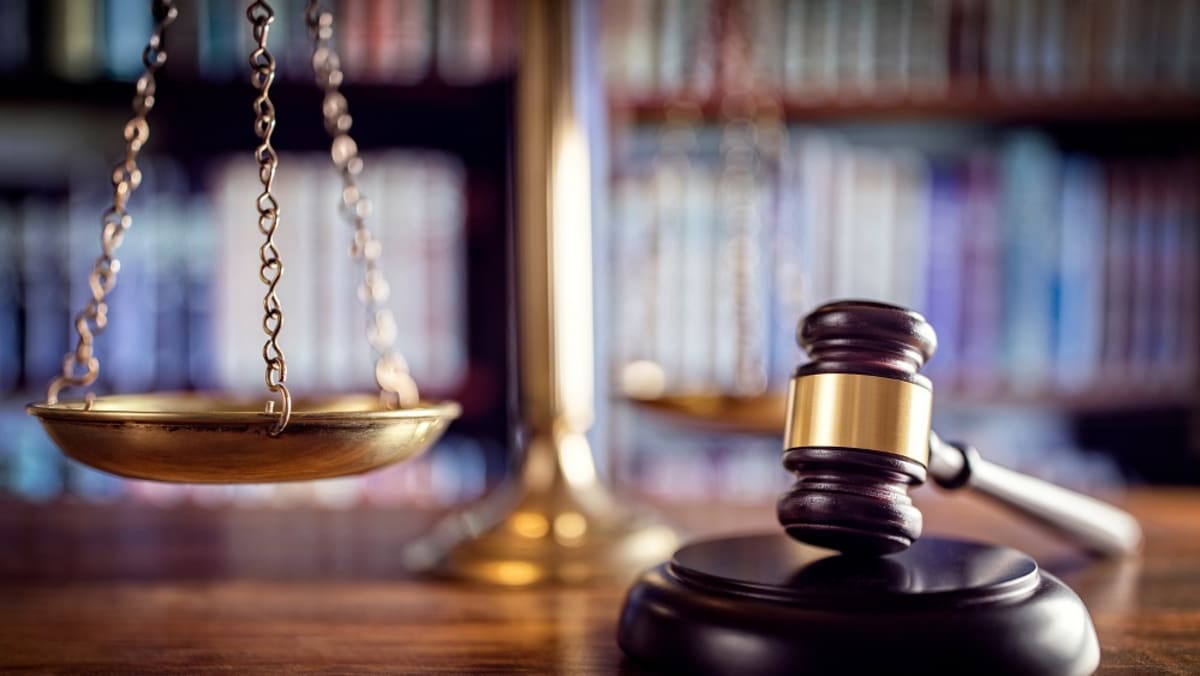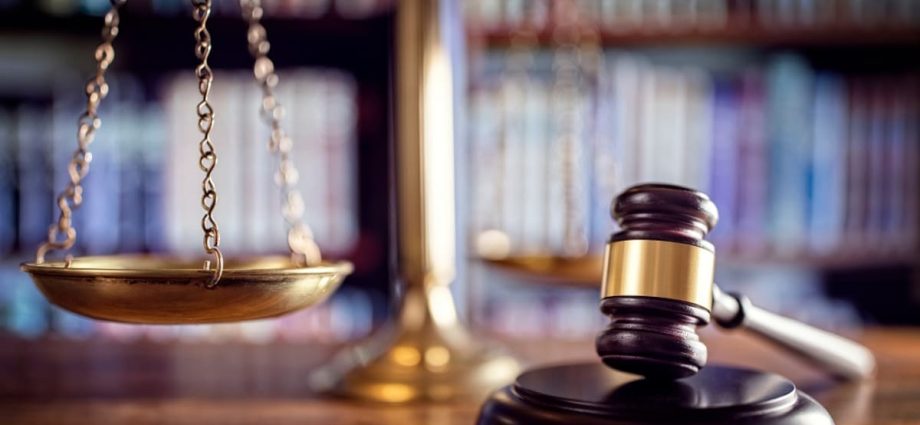
SOME STILL HAVE TO DECLARE
Ms Kaur pointed out some exceptions listed in the Registration of Criminals Act which dictate that some records must still be declared, even though they have been rendered spent.
For instance, people must declare past criminal records when applying for an appointment or employment in any office or profession that they could be disqualified from under the law, due to their conviction.
Mr Wong raised examples like property agents, who have to fulfil a requirement to be “fit and proper” to be registered, and lawyers who have to be “good character” to be admitted to the Bar.
The Monetary Authority of Singapore (MAS) also sets out criteria for those carrying out MAS-regulated activities, including being competent, honest and having sound financial standing.
These mean that applicants must not have any dishonesty-related convictions. If someone applying for these vocations has a spent criminal record for offences like cheating or criminal breach or trust, they would have to declare it, said Mr Wong.
Ex-offenders must also declare their records when investigated or prosecuted for any offence, or if they are charged in court again.
“This is as far as Singapore law is concerned, but we might not be able to say the same for foreign laws during, say, travel visa applications,” said Mr Wong from Invictus.
Apart from these exceptions, Mr Wong said his law firm once advised an aspiring law student to “err on the side of caution” and declare his past criminal record when he applies to become a lawyer, even though his record for a cheating conviction would have been spent by then.
Lawyer Mark Yeo pointed out an apparent “gap in the legislation” that he said the government should look into.
Employers and other law enforcement agencies seldom ask about criminal records now, since not every offence leads to a criminal record and such records can get spent, said the director of Fortress Law.
“These employers will almost invariably ask questions like: ‘Have you previously been charged for any offences’ or ‘Do you have any past convictions’, which are technically not questions about the criminal record,” Mr Yeo pointed out.
“It’s something that the government ought to address because it cuts against the spirit of rendering convictions spent.”
LGBTQ GROUPS SPEAK OUT
When approached by CNA on the government’s decision to allow Section 377A convictions to be rendered spent, LGBTQ (lesbian, gay, bisexual, transgender and queer) groups in Singapore said they found it meaningful in several ways.
Mr Leow Yangfa, executive director of Oogachaga, said it shows there is “no benefit to society” in maintaining these convictions, not even under the pretext of protecting public morality.
“It sets an important tone that the government was not just paying lip service when it led the way in repealing 377A in parliament in 2022, and that it is prepared to take proactive action in righting past wrongs,” added Mr Leow.
A spokesperson from Prout, a meet-up and support platform for the LGBTQ community, said they were “heartened” to hear about the announcement.
“This is a step in the right direction, to show compassion towards a community that has had a law hang over their heads for generations. We hope that the people affected are now able to focus on healing well and living free,” the spokesperson added.

